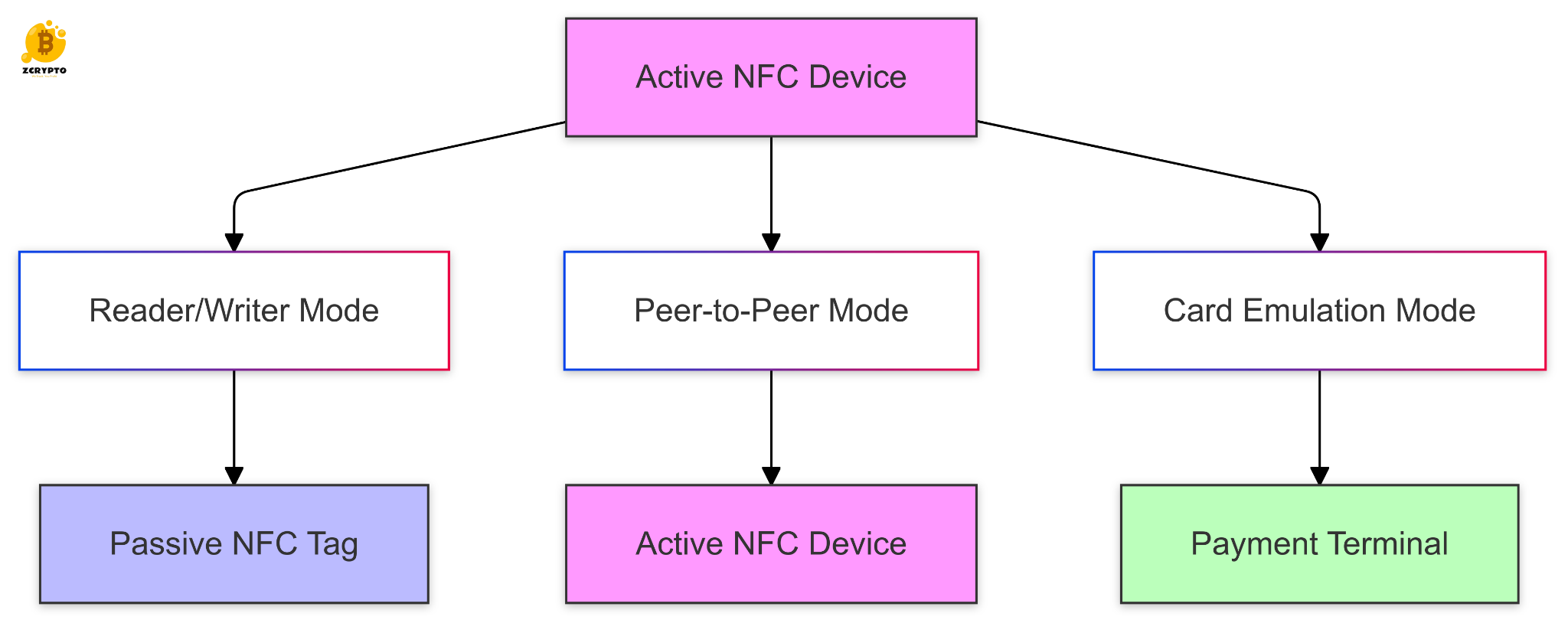What are Boiler Room Scams?
Definition and Operation
Boiler room scams are sophisticated fraud operations that use high-pressure sales techniques to sell questionable investments. These scams often involve cold calls, emails, social media messages, and other communication methods to reach potential victims. The salespeople are typically well-rehearsed and persuasive, creating a sense of urgency to make an immediate decision.
- What is Mining Pool? A Technical Analysis of Collaborative Cryptocurrency Mining
- How to Make Accurate Adjusting Journal Entries: A Comprehensive Guide
- Ultimate Guide to Altcoins: Types, Risks, and Investment Strategies
- How Many Pi Coins Are There?
- How the Central Limit Theorem (CLT) Revolutionizes Finance, Business, and Investment Strategies
Types of Investments
Boiler rooms often push highly speculative investments such as penny stocks, microcap securities, cryptocurrencies, and binary options. These investments are chosen because they are less regulated and easier to manipulate in terms of price.
You are viewing: Unmasking Boiler Room Scams: How to Protect Your Investments from High-Pressure Fraud
Pump and Dump Schemes
One common tactic used by boiler rooms is the pump-and-dump scheme. Here, fraudsters artificially inflate the price of a stock by spreading false information about its potential. Once the price is driven up, the scammers sell their shares at the peak, leaving other investors with significant losses when the stock price plummets.
Characteristics of Boiler Room Scams
High-Pressure Sales Tactics
Boiler room salespeople are known for their aggressive and persistent tactics. They may call repeatedly, use abusive language if met with hesitation, and create a sense of urgency to make an immediate decision. This pressure is designed to overwhelm the investor into making a rash decision without fully considering the risks.
Outrageous Promises
A key characteristic of boiler room scams is the promise of extraordinarily high profits with little or no risk. These promises are too good to be true and should immediately raise red flags.
Demand for Immediate Decision
Salespeople will often insist that you make an immediate decision, preventing you from verifying the information or seeking professional advice. This urgency is a tactic to prevent you from uncovering the scam.
Lack of Transparency
Boiler room operators are reluctant to provide information about the sales firm or the investment. They may use fake names and credentials to build trust. Any request for detailed information may be met with evasiveness or hostility.
Modern-Day Boiler Room Tactics
Use of Technology
See more : Maximize Your Retirement Savings: A Comprehensive Guide to 401(k) Plans
Modern boiler rooms have adapted to technology, using messaging apps, social media, and other digital platforms to contact potential investors. This allows them to reach a wider audience quickly and anonymously.
International Operations
Many modern boiler rooms operate in different countries to evade local law enforcement. This international reach makes it harder for authorities to track and prosecute these scams.
Trendy Investments
Boiler rooms now focus on trendy investments like cryptocurrencies and other speculative opportunities that are popular but less understood by many investors. These trendy investments offer a new layer of complexity that can confuse even savvy investors.
How to Spot a Boiler Room Scam
Unsolicited Contact
Be wary of unsolicited calls, emails, or messages from unknown promoters. Legitimate investment opportunities rarely come out of the blue without prior contact or research.
Red Flags in Communication
Watch out for claims of guaranteed returns, pressure to act quickly, and reluctance to provide firm or investment details. These are all red flags that indicate a potential scam.
Verification of Credentials
Always verify the credentials of the salesperson and the firm. Check if they are registered with regulatory bodies like FINRA (Financial Industry Regulatory Authority) and obtain their CRD (Central Registration Depository) numbers.
How to Avoid Boiler Room Scams
Research the Promoter
Research the promoter thoroughly by checking domain registration and conducting internet searches for complaints or scams. A simple Google search can often reveal if there have been previous reports of fraudulent activity.
Verify Information
See more : Mastering the Bear Spread: A Comprehensive Guide to Bearish Options Strategies
Independently verify all information provided by the salesperson. Do not rely solely on their claims; instead, cross-check with reputable sources and seek advice from financial advisors.
Be Cautious of Follow-Up Calls
Be cautious of follow-up calls from boiler room operators who may persist in convincing you to invest more money. These follow-ups are designed to keep you engaged in the scam until you lose all your money.
Case Studies and Regulatory Actions
There have been several recent cases where regulatory bodies like the SEC (Securities and Exchange Commission) have taken action against boiler room operations. For example, in 2020, the SEC charged several individuals involved in a large-scale boiler room scheme that targeted elderly investors with false promises of high returns on penny stocks.
Additional Resources
For more information or to report suspected scams:
-
FINRA: Financial Industry Regulatory Authority
-
SEC: Securities and Exchange Commission
-
Local Securities Divisions: Many states have local securities divisions that handle complaints and investigations into investment scams.
These resources can provide valuable guidance and support in navigating the complex world of investments safely.
Source: https://summacumlaude.site
Category: Blog







